Ústřední loutkové divadlo (1954)
Genre : Documentary
Runtime : 0M
Director : František Filip
Writer : František Filip
Synopsis
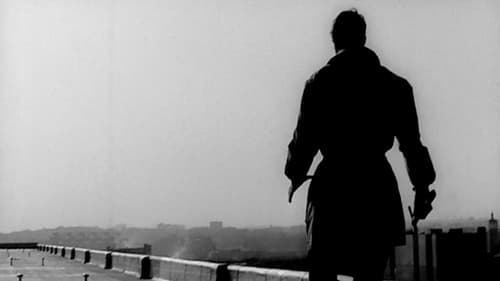
First the atomic war broke out, new machines were made, dead birds appeared. In 1999, a bacteriological warfare began, there were sandstorms and giant locust infestations; the human tissue was transformed and a new being, once legendary, now real, emerged: the vampire. Only Robert Neville, the last man on Earth, remains unpolluted, living in constant struggle with the new inhabitants of the planet.
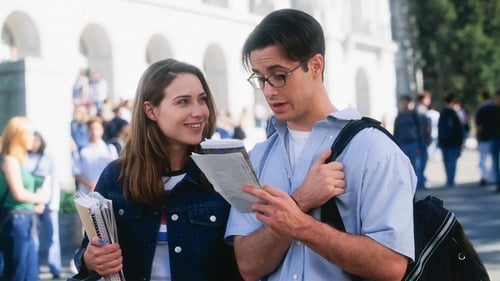
Ryan and Jennifer are opposites who definitely do not attract. At least that's what they always believed. When they met as twelve-year-olds, they disliked one another. When they met again as teenagers, they loathed each other. But when they meet in college, the uptight Ryan and the free-spirited Jennifer find that their differences bind them together and a rare friendship develops.
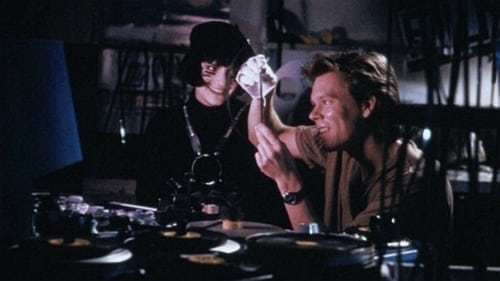
Hollywood beckons for recent film school grad Nick Chapman, who is out to capitalize on the momentum from his national award-winning student film. Studio executive Allen Habel seduces Nick with a dream deal to make his first feature, but once production gets rolling, corporate reality begins to intervene: Nick is unable to control a series of compromises to his high-minded vision, and it's all he can do to maintain his integrity in the midst of filmmaking chaos.

Short film made with the help of the Sundance Film Institute and serving as a proof-of-concept for the subsequent feature film.
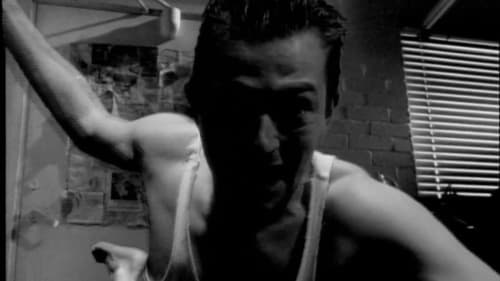
In his squalid apartment, a man tries to squash with his shoe an insect of some kind that is moving around the room.
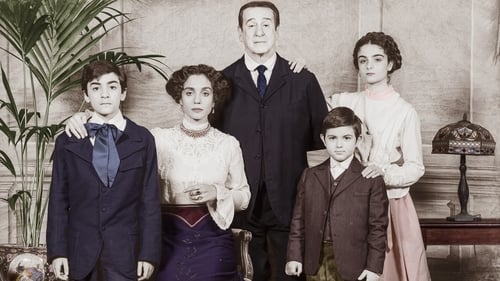
Beloved Neapolitan actor and playwright Eduardo Scarpetta, father of Eduardo De Filippo, devoted his entire life to the theater, achieving success with timeless works such as "Miseria e nobiltà." However, everything he worked for seems lost in 1904, when he's drawn into a nasty legal battle that could compromise his freedom of expression.
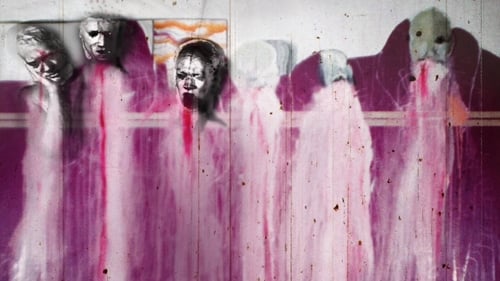
Lynch's first film project consists of a loop of six people vomiting projected on to a special sculptured screen featuring twisted three-dimensional faces.
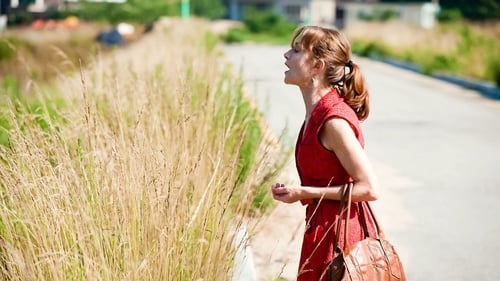
In a triptych of overlapping stories, three different French women – a filmmaker, an adulterer and a divorcee visit a small Korean resort town and encounter a flirtatious director, a lovestruck lifeguard and far too much soju.
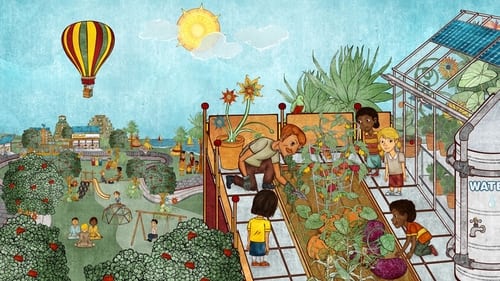
2012: Time For Change is a documentary feature that presents ways to transform our unsustainable society into a regenerative planetary culture. This can be achieved through a personal and global change of consciousness and the systemic implementation of ecological design.
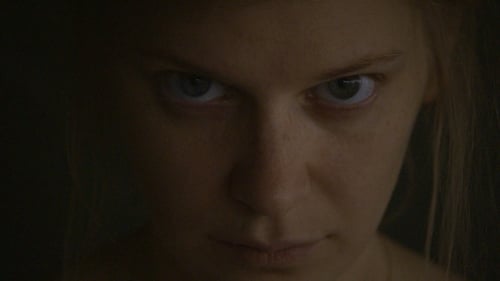
An intimate statement about the filmmaker’s need for self-expression through her own nudity and simultaneously an effort to reject the taboo of patriarchal society. Using diary entries, anger-filled personal reflections, and discussions with a mother painting her nude daughter, the film opens the topic of overcoming shame for one’s own physicality and female sexuality.
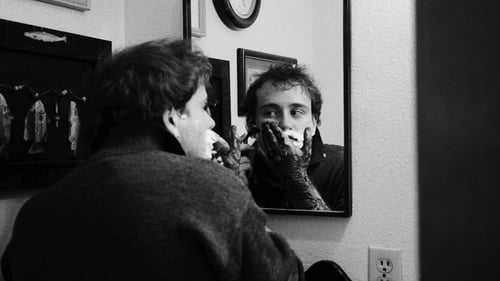
Seeking fulfillment, a young drifter forgoes isolation to embark on a year-long murder spree.
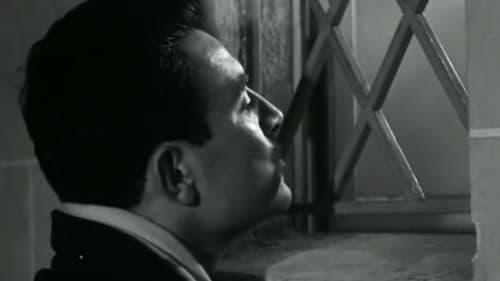
A man walks down the exterior staircase of building of flats; he's dressed to go out, taking care to wrap a scarf around his neck. He pauses as he passes a small window that's about eye high. He ventures to look in, and there a young woman stands at a washbasin, drying her hair,

When the Harker Arts Academy drama club produces a play based on the silent horror film Nosferatu (1922), reality and fiction collide, and blood begins to spill.

With their relationship on the rocks, David and Emily move to Halifax to catch a break from the pandemic and their monotonous routine. Upon meeting Emily's best friend Delilah and her local friend Meg, the already shaky groundwork of their relationship starts to fracture.

After a campus-wide zombie outbreak a slacker college student must protect his younger brother while becoming the unlikely leader of a small band of quirky survivors.
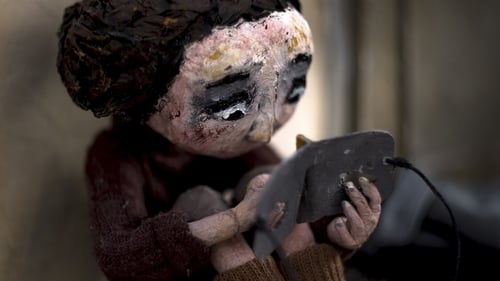
The bond between a father and a daughter is imperilled by matters that go unspoken and hurts that are slow to heal.

An idle, Arab American stoner discovers a portal to the war memories of his mother's past while doing the laundry chore.
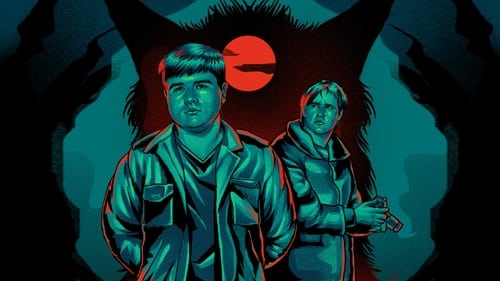
A young man recruits a film student to help him prove the existence of an urban legend.
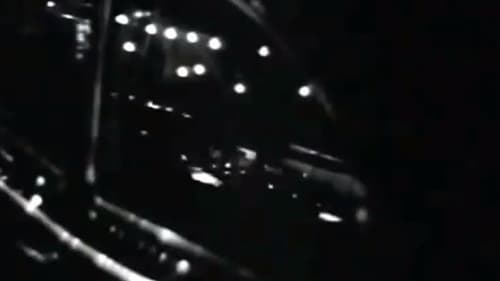
Herbie is a short 16mm black and white film by George Lucas and Paul Golding made in 1966 as part of their USC film school course. It is an abstract film with no story and no actors, that graphically depicts the reflections of moving light streaks and light flashes from traffic at night. It is set to a piece of jazz music by Herbie Hancock, whose first name was used for the title.

A day in the life of two film-school students trying to find love and another house-mate.
















